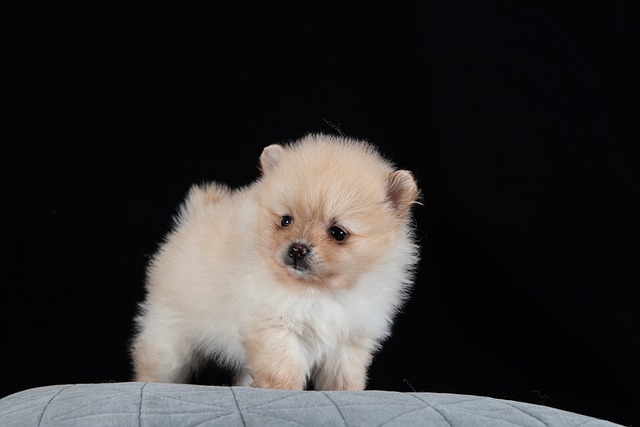
How do i train my dog to be obedient?
Watching your dog dart across the park ignoring your calls isn’t just frustrating—it can put them at risk near busy streets or public spaces.
Many new Pomeranian owners wonder if these fluffy little dogs are tough to potty train—and the answer isn’t straightforward. Poms are smart, but their small size and sometimes stubborn streak can make the process feel tricky. Unlike larger breeds, their tiny bladders can’t hold it as long, meaning they need more frequent trips outside. Add in their tendency to get distracted by sights or sounds, and it’s easy to see why consistency is key.
Understanding their needs is half the battle. A Pomeranian puppy under six months might need to go out every 1-2 hours, especially after eating, napping, or playing. Their small bladder capacity means accidents happen quickly if you miss their cues—like circling, sniffing, or pacing.
Stick to a strict routine to build good habits. Take your Pom out first thing in the morning, right after meals, and before bed—same times every day. When they go potty outside, cheer loudly and offer a tiny treat (like a piece of freeze-dried chicken) immediately. This positive reinforcement helps them connect outdoor trips with rewards. If you catch them in the act indoors, calmly pick them up and move them outside—never scold or hit, as fear can slow progress.
 Apartment dwellers face extra challenges. If you can’t get outside quickly, use a puppy pad in a designated spot—just don’t mix outdoor and pad training, as it confuses them. Always clean up indoor accidents thoroughly with an enzymatic cleaner; lingering scents will make them want to go there again. And remember, many cities require picking up after your dog outside—keep small poop bags handy for those tiny messes.
Apartment dwellers face extra challenges. If you can’t get outside quickly, use a puppy pad in a designated spot—just don’t mix outdoor and pad training, as it confuses them. Always clean up indoor accidents thoroughly with an enzymatic cleaner; lingering scents will make them want to go there again. And remember, many cities require picking up after your dog outside—keep small poop bags handy for those tiny messes.
Be patient through setbacks. Poms thrive on attention, so even a stern “no” can feel like a reward. Instead, redirect them calmly and praise wildly when they get it right. It might take 4-6 months for full consistency, especially with smaller breeds. If accidents persist past that, check with your vet—sometimes medical issues like a UTI can cause problems, and staying on top of vaccinations helps keep them healthy overall.
With a steady routine and lots of positivity, Pomeranians can master potty training just like any other dog. Their big personalities make the effort worthwhile, and soon you’ll have a well-trained little companion ready for all your adventures.

Watching your dog dart across the park ignoring your calls isn’t just frustrating—it can put them at risk near busy streets or public spaces.

New puppy owners often find themselves rushing to clean up accidents before they set in, and that’s where puppy pad training becomes a game-changer.

If you've noticed your dog's waistline disappearing and your veterinarian has mentioned those few extra pounds, your first instinct might be to simply reduce the amount of food in their bowl.

Training a dog to use a designated spot indoors isn’t as daunting as many new owners fear, but it does take consistency and an understanding of your pet’s needs.

That moment of dread on a walk is all too familiar for many new dog owners. You see another dog approaching down the sidewalk of your neighborhood

If the sight of another dog on your neighborhood walk makes your heart sink as your own dog erupts into a frenzy of barking and lunging, you're not alone.